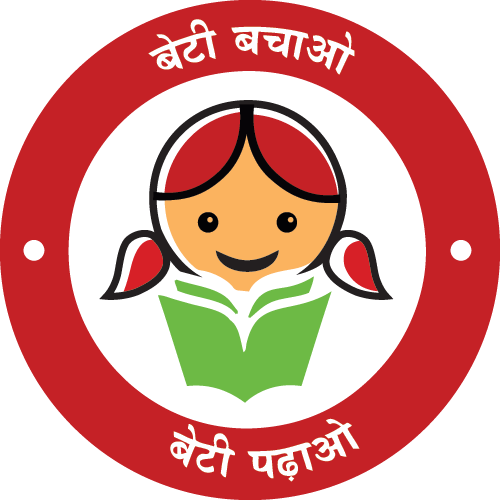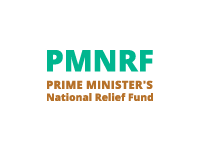Dr. Charu WaliKhanna, Member, was Chief Guest at a 3 day National Consultation on the Situation of Indigenous Women in India: Ways forward organised by Inter State Adivasi Women’s Network (ISAWN) and Indigenous Women Forum of North East India
Dr. Charu WaliKhanna, Member, was Chief Guest at a 3 day National Consultation on the Situation of Indigenous Women in India: Ways forward, in which than 50 representatives from both North East and mainland India participated. Held from 10-12 June 2014 at Indian Social Institute, New Delhi, the consultation was organised by Inter State Adivasi Women’s Network (ISAWN) and Indigenous Women Forum of North East India (IWFNEI) and supported by Asia Indigenous Peoples Pact (AIPP)
Indigenous peoples in India are more than 8% of the total population with women consisting half the population. Member Charu WaliKhanna deplored the fact that the history of tribal people is one of dispossession, deprivation and discrimination. Women who play a significant role in tribal society, today have been alienated from their rights over land and forest their means of livelihood.
Discriminated on the basis of their gender and ethnicity, they experience diverse forms of discrimination, poverty, violence due to marginalization within their own communities, and in the society at large.
The 3 day consultation comprised presentation and discussion of the case studies on the indigenous women, lands, territories and resources; and Violence Against Women (VAW): challenges, lessons learned and good practices; and Policies and Programmes relating to Indigenous Women of various Ministries of the Govt. including Ministry of Tribal Affairs, Ministry of Women and Child development and State Departments.
Dr. Charu WaliKhanna, Member NCW took questions from the audience which ranged from minimum wages for domestic workers, to deficiencies in the UJJAWALA Scheme and it’s limitations in preventing trafficking.
Interacting with the audience Member said that on 16 June at the 100th International Labour Conference, Geneva, the International Labour Organization adopted Convention 189 (C189) that talks about ‘Decent Work for Domestic Workers’. It is for the first time in the history, that the Domestic Workers and their works are recognized. The C189 recognizes the need for a reinvention of the way our societies view domestic works. Dr. Charu WaliKhanna said that a large number of domestic workers comprise tribal women who migrate for work hence it is important to recognize the rights of domestic workers in order to make meaningful improvement in their lives and to raise the consensus for social change. She reaffirmed that domestic work is work, domestic workers are workers, and domestic work is not slavery.
The participants demanded the government ratify the ILO Convention 189 on "Decent Work for Domestic Workers". Member said that various legislations had been enacted by states of Tamil Nadu, Kerala, Karnataka, Andhra Pradesh, Rajasthan and Bihar yet there is a strong need for new comprehensive legislation to protect the rights of domestic workers. In 1956 The Domestic Workers (Condition of Service) Bill 1956 was introduced in Parliament but allowed to lapse. Dr. Charu WaliKhanna elaborated on the salient features of the proposed NCW ‘Domestic Workers Welfare and Social Security Bill- 2010 which included constitution of a central advisory committee by central govt., constitution of a state advisory committee and district board for domestic workers, creation of domestic workers welfare fund, regulation of working condition to name a few.
Member also stressed on the need to formulate skill training schemes which open access to new possibilities for women (entry into areas of traditional male employment), simultaneously ensuring that they do not conform to traditional gender expectations in the labour market (such as crafts, sewing, etc.).
Speaking on the occasion Member mentioned about various other initiatives taken by NCW in this regard including -
- Taking forward the recommendations of Justice Verma Committee, NCW has drafted a Bill of Rights for women and the Rights of Women belonging to Scheduled Tribes have been elaborately and exclusively mentioned in the draft bill.
- In the NCW Expert Committee Report on Gender and Land Rights, Chaired by Dr. Charu WaliKhanna, Member, a separate Chapter on Women and Land in reference to customary laws in tribal communities has been included.
- Drafting of Standard Operating procedures for Prevention of trafficking and Safe migration for Women




















